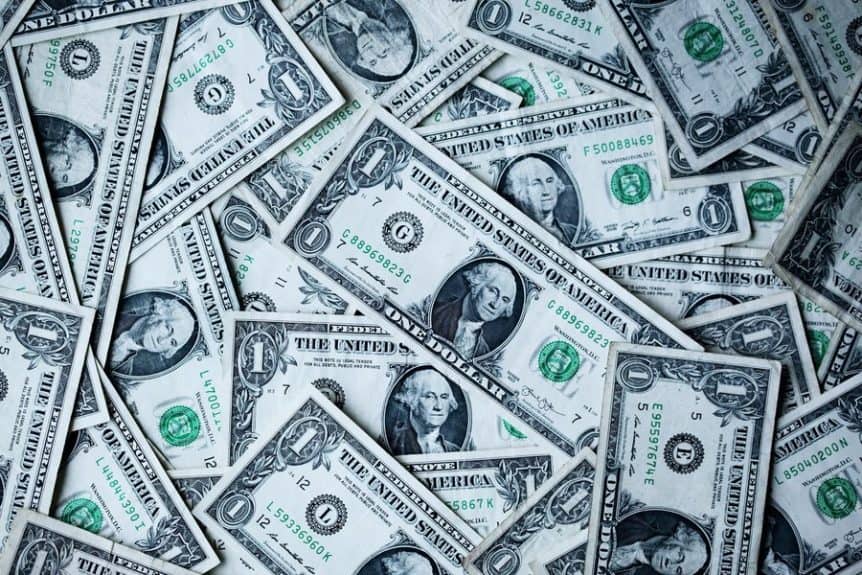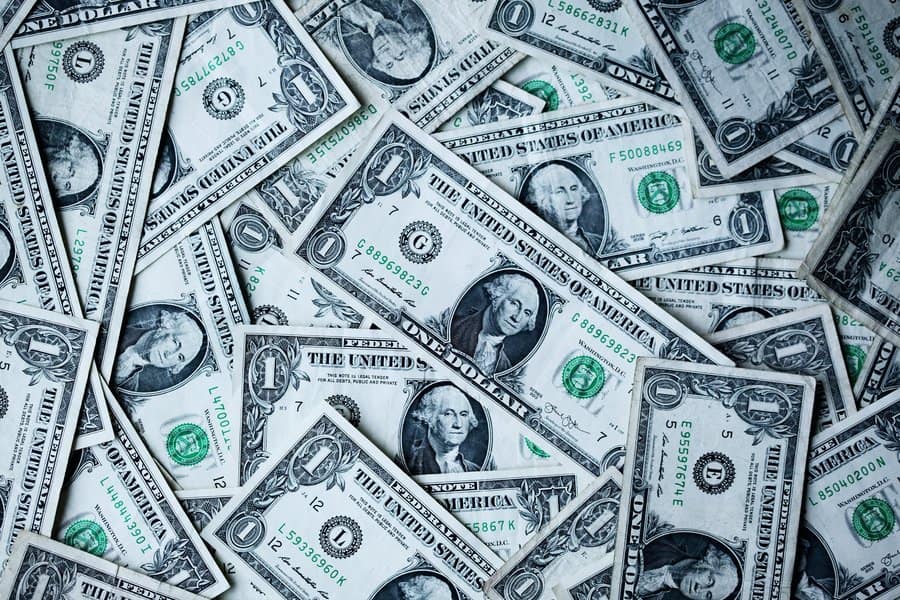When traveling to Costa Rica, travelers ask should carry cash, or use credit cards and ATMs? All these options are available in Costa Rica for accessing cash, and paying with credit cards or money while traveling, but which one is best?
It’s as safe to carry cash, either colones or dollars in Costa Rica as it is to carry cash anywhere. Here are 9 tips on how to travel with cash when traveling in Costa Rica
1. Exchanging Money
If you can wait until you get to San Jose, the best place to exchange your dollars (or Euros) for Costa Rica Colones, is at a local bank, however you will have to weigh that against the time and paperwork that it will take. You can usually change money at your hotel, for not as good a rate but its alot quicker
2. When to Pay in Dollars
When you buy things priced in Dollars, pay in Dollars. When things are priced in the Colón, pay in those. Y
You’ll save on exchange rates. Anything from hotels, to taxis, to clothing, try to pay in whatever currency they are advertised in. Taxi’s prices will always be local Colónes and the amount should be stated on there meter or what is locally called the Maria.
3. When to Buy Colones
Do NOT exchange your US Dollars for Colones before arriving in Costa Rica, not unless you want people see a grown person cry when you see the exchange rate you get!
4 . ATM Machines
In Costa Rica, try to use an ATM whenever possible as they give fairly good exchange rates. ATMs are available in all of major tourist cities and most likely the ones you will be going to. (If you plan to use your debit card while in Costa Rica, it is a good idea to call your bank and ask about any fees for foreign transactions.)
5. AMEX Cards
Each ATM machine is different with some accepting Visa and others only Master Card and some accept both. Amex is only accepted in a few ATMS and therefore, unless you have a compelling reason, I would not even bring it. Why don’t they use AMEX more? Part of the reason is due to the exceedingly high percentage they charge for processing the card.
6. Where to use a ATM
Be careful using ATMs as many tricks are used here. Try to use only ATMs that are in shopping Malls or inside stores or banks where it is difficult to alter them. Before you put your card in always check to see if anything is stuck inside the slot where your card goes in.
Thieves sometimes put objects like paper clips inside the slot so yours will get stuck and then when you leave it to report the problem they come and take you card. Also beware of anyone behind you watching you type your PIN number.
Problems are actually rare but it’s wise anywhere to be to be weary. It should go without saying that you should not use ATMs that are in dark or lonely places at night.
7. Using Dollars
When you bring US Dollars ( or any foreign currency) be sure the money is in good condition. For example, it shouldn’t have any writing on it or tears on as they will not accept it. It can be frustrating to try to go buy something and then find out that they will not accept your money due to the condition its in (YES, I did have this happen to me!)
8. Exchanging Money at the Airport
NEVER EVER change money in either airport in San Jose or Liberia! While you will be treated fairly in most other locations outside of these two places, changing money at the airport will remove that vacation smile right away. In addition since so many tourist areas will accept dollars or credit cards, you should not need cash right away
9. Using Cash in Smaller Towns
In smaller more rural areas, cash will be the easiest way to purchase anything. Also when in these smaller places it will be best to have some colones since they will look up a favorable exchange rate for what that item, that is priced in colones, would be in dollars.
10. Ask Your Guide
If you are going on a guided trip or using one for a day excursion, don’t hesitate to ask them for advice about where to to find ATMs or where to exchange money. Since they often get tipped in dollars, they will know where to exchange currency for the best rates.


